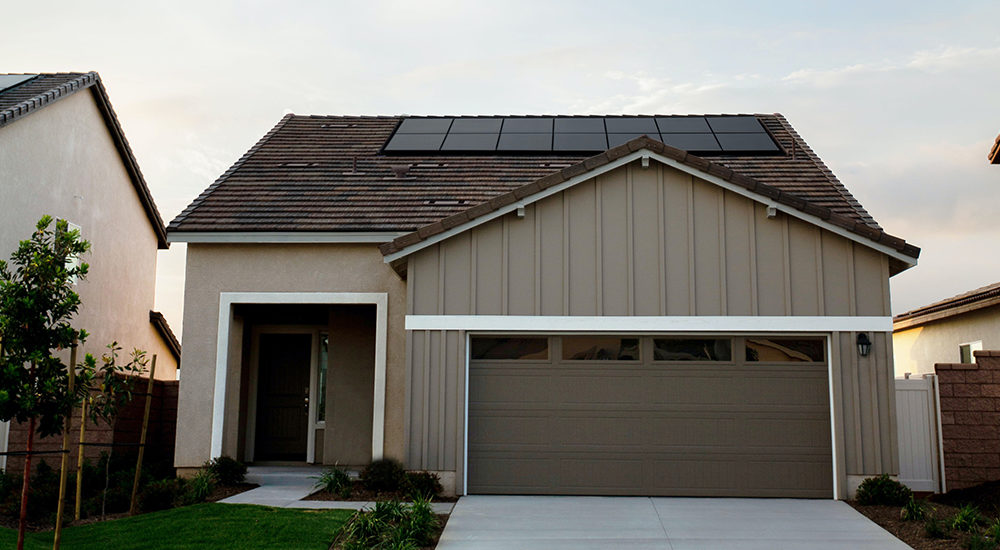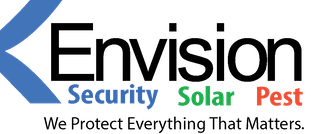how m
How Many Solar Panels Do I Need?
- May 1, 2020
- Posted by: Envision
- Category: Solar

Solar panels possess many obvious benefits –– they’re energy-efficient, cost-effective, and they can improve the value of a property significantly. It’s easy to see why more and more homeowners are switching over to solar power. Yet, it’s also important for homeowners to research and understand solar energy before they invest in it. One question we get all the time is, how many solar panels do I need?
Unfortunately, there is no universal answer to this question. How many solar panels an individual may need for their home depends on a number of factors, such as:
- the level of energy consumption in their home,
- the type of panels they purchase,
- their geographic location, and
- the amount of solar energy they want to produce.
Some homes require only 15 or so solar panels. Others may need over 30. Here, we’ll explain how you can determine how many solar panels you’ll need to achieve energy independence:
Look at Your Electric Bill
In order to determine how many solar panels you need to power your home, the first thing you need to do is establish the average amount of electricity your home uses on a daily basis. Fortunately, electric companies include the number of kilowatt hours (kWh) a household uses on monthly billing statements.
A kilowatt hour is a tool for measuring energy consumption. It works this way: when a one-kilowatt appliance (which equals 1,000 watts) runs for one hour, one kWh of electricity has been used. So if you run a one-kilowatt refrigerator for eight hours a day, it would use 8 kWh. The average annual electricity consumption for a US household is over 10,000 kWhs –– or, 914 kWh per month –– roughly 30 kWh per day.
Consider Your Location
Of course, different regions present different opportunities and issues for homeowners. Some places are ideal for solar panel usage; others are more challenging. For instance, areas that have extreme temperature swings (hot summers, cold winters), that experience high levels of rainfall, and/or that generally, have few sunny days are less conducive to solar power. This does not mean that residents in New England or the Pacific Northwest, for example, can’t use solar energy –– they can and many do. It just will require more solar panels to offset these adverse conditions. Since solar panels function best in direct sunlight, it’s important to determine how many “sun hours” your area receives. (I.e., the number of hours in a day when solar panels can collect light from the sun.)
What’s more, the size of your home (and your roof in particular) will have an impact on the number of solar panels you should have installed. As will the amount of energy you plan on producing. Note, some homeowners may only want to rely on solar power for a portion of their residential electricity.
Review Your Solar Panels
Not all solar panels are created equal. In fact different types of solar panels produce varying amounts of electricity. Some solar panels generate 150 watts, while others can produce up to 370 watts. So depending on your situation, it may make more sense to purchase fewer solar panels that simply create more electricity. The number of solar panels does not necessarily indicate the amount of electricity being produced.
Contact the Pros
Solar panels present a number of advantages to homeowners, but they’re also a serious investment. That’s why it’s important to speak with a professional organization that will help you find a solution that suits your needs perfectly. At Envision, we’ll work with you to determine how many solar panels you need, and we’ll install them with care and precision. Contact us today to learn more.

